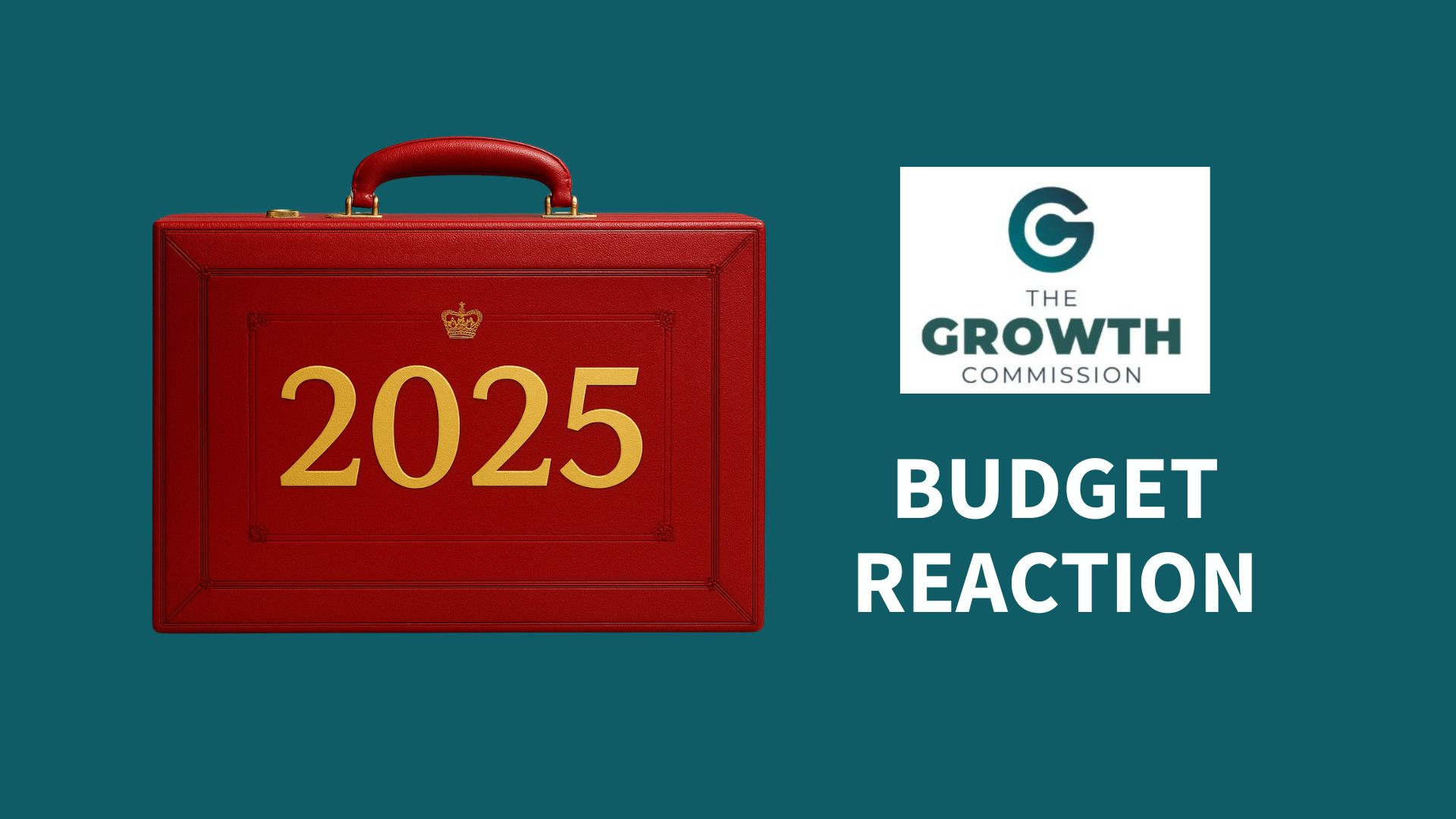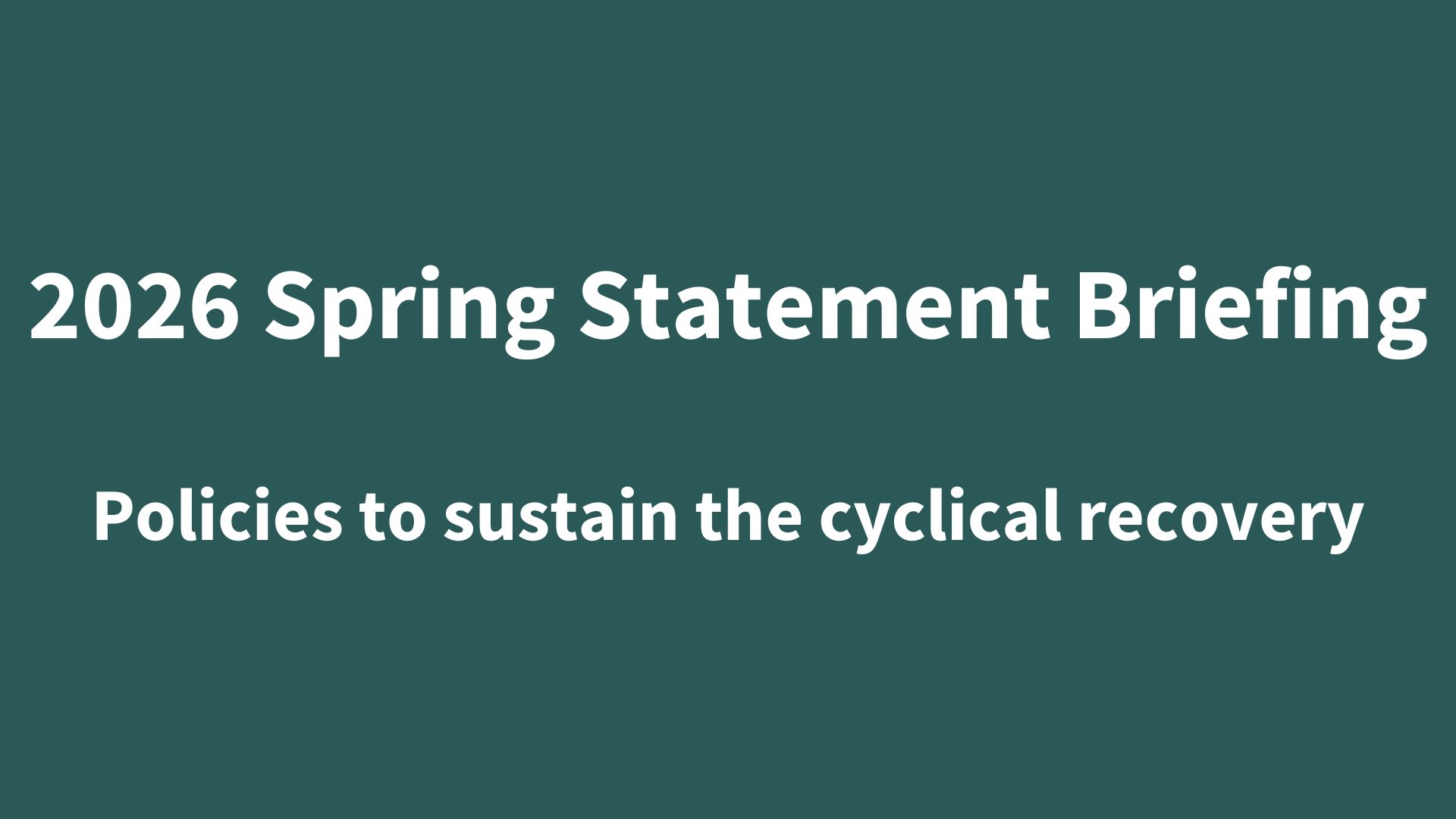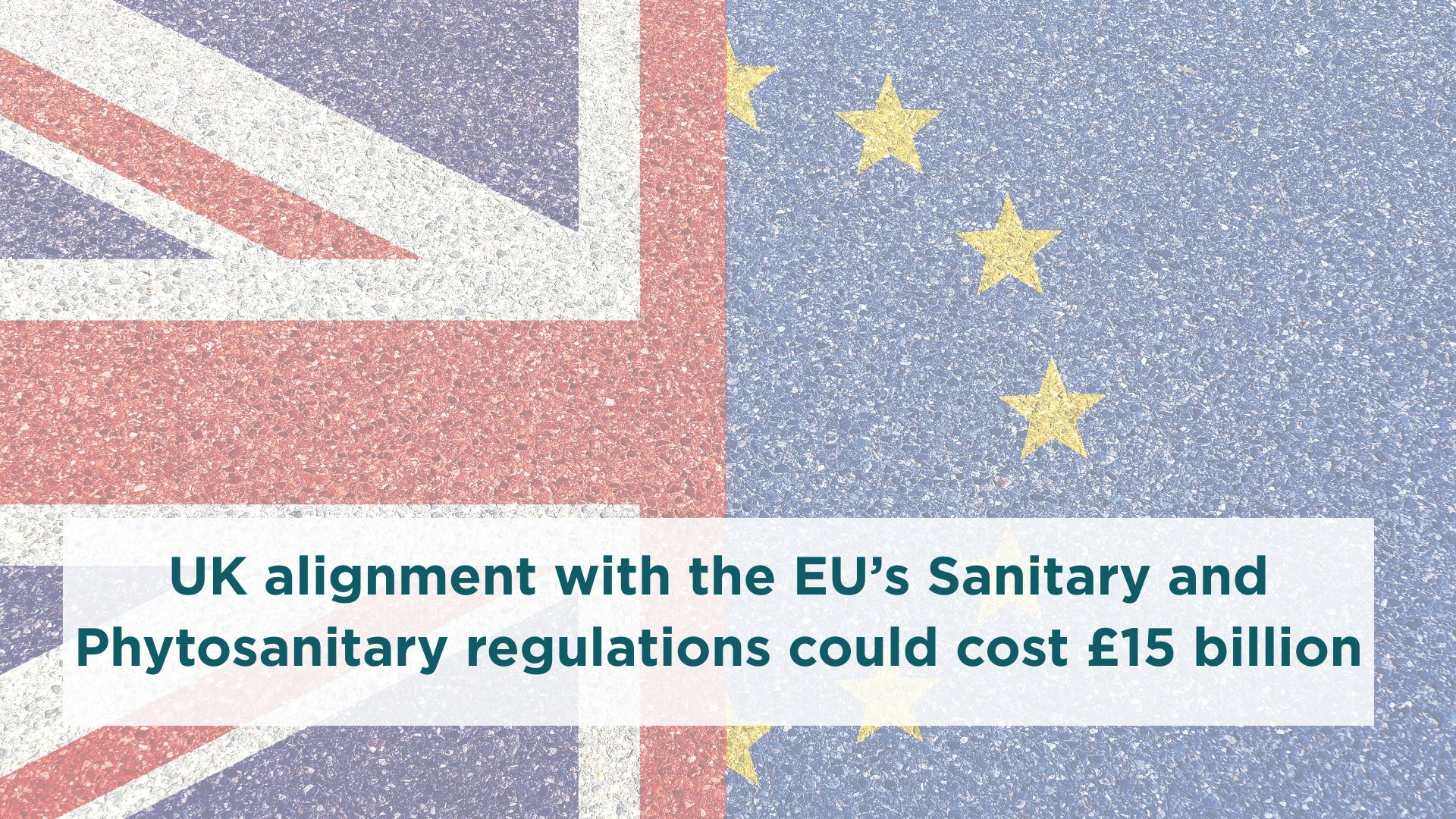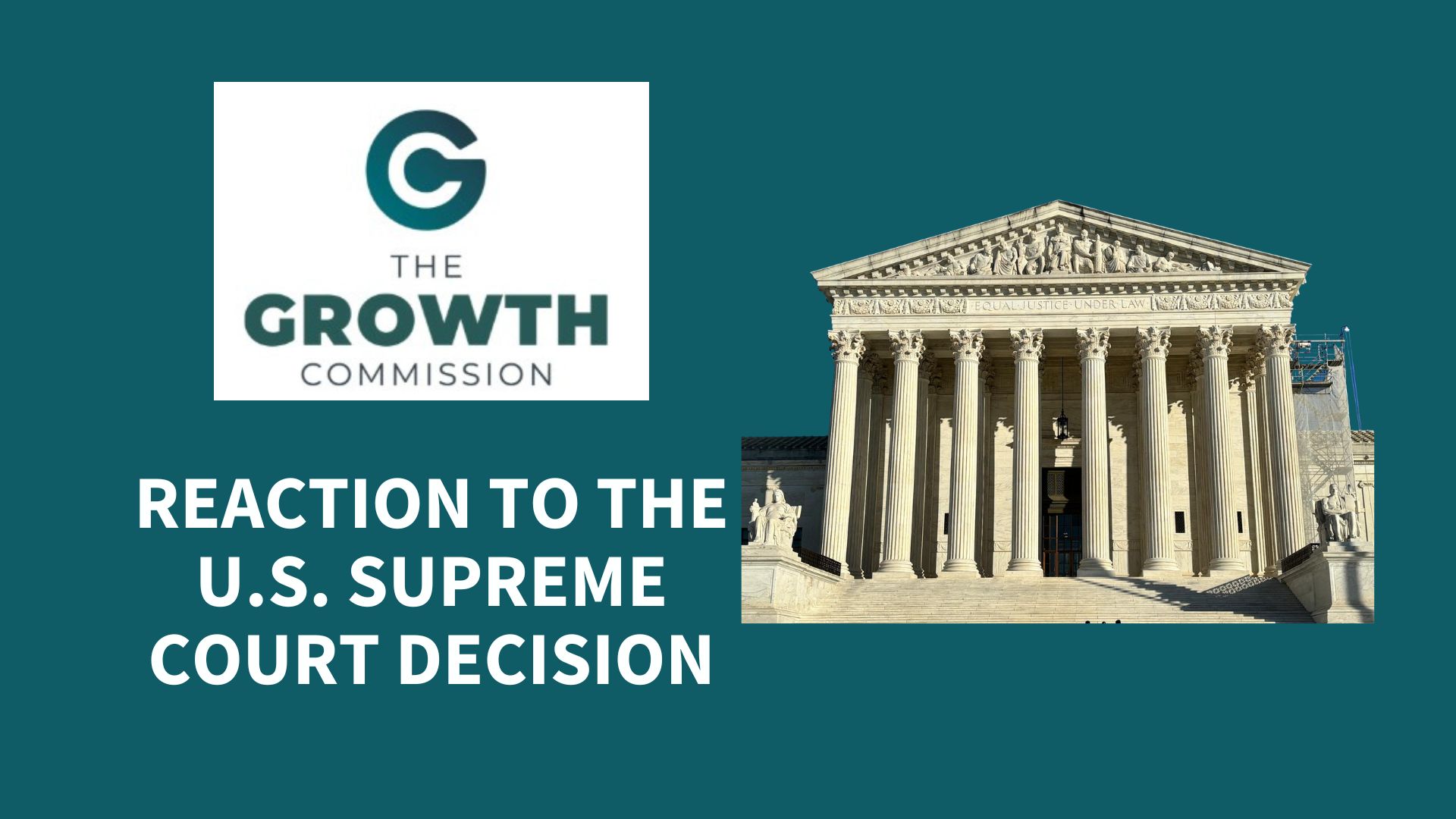
The Budget will hit growth – and deepen the Chancellor’s ‘black hole’
- Budget announcements will lead to the economy remaining stagnant with a hit on growth of 2% by 2030-31
- Chancellor’s ‘black hole’ likely to be about £25 billion bigger
- Reeves fails to address ‘crisis of unproductive public spending’
The key measures announced in today’s Budget will lead to growth remaining stagnant and revenues again failing to meet forecasts. That is the verdict of The Growth Commission, whose analysis predicts that Rachel Reeves’ failure to address the ‘crisis of unproductive public spending’ means it is almost certain that she (or a putative successor as Chancellor) will be back trying to squeeze more revenues out of hard-pressed taxpayers this time next year.
Growth Commission calculations show that Rachel Reeves has likely expanded the size of her so-called ‘black hole’ by £25 billion as we project a hit to growth of 2% by 2030-31.
The OBR’s newly published figures for public spending for 2029-30 show a rise of £32.1 billion and for taxation a rise of £36.9 billion – of which half the increase in taxation is loaded directly on savings and investment.
Our modelling forecasts that a number of the key measures announced today by the Chancellor will hinder the prospects for growth as follows:
Income Tax allowance freeze
The extension by three years of the freeze on Income Tax allowances and bands in theory is estimated to bring in an additional £12.4 billion in revenues in 2030-31. But we estimate it will reduce GDP by 0.6% in that year.
Tourist Tax
The introduction of tourist taxes in England, on top of those already announced in Scotland and Wales, is estimated to raise £300 million a year in revenues. But such taxes around the world are well known to reduce tourism (indeed that often is the reason for them) with knock-on effects on the hospitality industry and other spending. We estimate that in full operation the planned tax will reduce GDP by 0.4%.
Fuel Duty phased rise of 5p a litre
This will in theory raise £1.6 billion in revenue, but will cause a hit to GDP per capita (as a percentage of annual GDP) of 0.1% in 2026-27 and 0.5% in 2030-31. We estimate that the net tax gain will only be about £0.7 billion.
Savings Tax 2p rise in tax on all incomes from savings and property and other taxes
This is forecast to raise nearly £12 billion by 2030-31. But it will hit GDP per capita by 0.6% in that year, building up to 1.4% by 2046-47.
Minimum wage rise
We estimate that this will reduce GDP per capita by 0.3% in 2030-31 and by 0.5% in 2046-47.
Combined, we calculate that these and other measures included in the Budget are estimated to reduce GDP per capita by 2% in 2030-31 and by 4% by 2046-47.
Because the slower growth that results will in turn increase borrowing by more than the tax rises reduce it, we estimate that the net impact on borrowing will be to make it higher by £27 billion in 2029-30 and by £23 billion in 2030-31.
Employment Rights Bill making the labour market less flexible
In addition to the measures announced at the Budget today, we estimate that full implementation of the Government’s Employment Rights Bill will, within ten years, mean GDP per capita being between 1.4% and 2.8% lower. This would equate to a loss of GDP of between £38 billion and £76 billion and a loss of GDP per person of between £554 and £1,108. Significantly, these impacts have not yet been ‘scored’ by the OBR and so are not included in the latest official forecasts published today.
Last week the non-partisan group of leading international economists who form The Growth Commission published The Growth Budget 2025, setting out how the government could boost GDP per capita by 4.3% by 2030, and by 18.5% by 2046 and leaving scope for more action by eliminating the whole budget deficit.
Using bespoke economic models that take into account the dynamic impact of policy changes over time, the Commission set out the measures the Chancellor ought to have announced if she is serious about increasing growth and creating wealth – the government’s ‘number one priority’, according to the Prime Minister.
Growth Commission member Douglas McWilliams, who was lead author of the Commission’s Growth Budget 2025, said:
“The Budget is meant to boost growth, but we have done the sums very carefully and it doesn’t. While some of today’s announcements might help support growth, our calculations show how each of the headline measures will damage the economy. We estimate that there will be a hit on growth of 2% as a result of the changes announced by the Chancellor, wiping out most of the likely growth in GDP per capita in the coming years. This is likely to make the Chancellor’s black hole about £25 billion bigger, not smaller as the OBR predicted.
“It is tragic how at a moment when the UK’s tech sector is doing well, generating the bulk of the UK’s economic growth and crying out for investment, entrepreneurship and a flexible labour market, that this Budget and the Employment Rights Bill are hitting the sector hard.
“The bigger black hole means that Ms Reeves (or more likely her successor) will be back next Autumn asking for even more revenues from the hard-pressed taxpayer.”
Growth Commission Chairman Shanker Singham said:
“This Budget tinkers at the edges of revenue enhancements which are relatively small and which impose significant GDP per capita losses going forward.
“Rachel Reeves has ignored the elephant in the room which is the massive negative GDP per capita impact of the Government’s energy policy and labour market policies (such as the Employment Rights Bill) whose impacts dwarf the minor gains she seeks to eke out.
“This Treasury zero-sum thinking is doing real damage to the Prime Minister’s growth objectives for the British economy. Continued static growth will drown the UK in a sea of red ink.”
Growth Commission member Ewen Stewart concluded:
“Rachel Reeves has yet again failed to address the fact that public spending is out of control and killing any prospects of growth. And the current trajectory of unfunded, unproductive public sector spending increases means the fiscal deficit will remain unsustainably large.
“The stark fact is that in two decades the size of the state has ballooned from one third of GDP under Tony Blair to 44% today. We are suffering from a crisis of unproductive public spending which Rachel Reeves has exacerbated. The only solution is to control the growth in public spending and use the savings to start the process of fiscal deficit stabilisation while stimulating the economy with growth-orientated tax cuts.
“The Growth Commission’s Growth Budget offers a costed, alternative path, designed to do just that. Ultimately, unless the productive private sector is encouraged, there is little hope of breaking out of the doom loop, stimulating growth and getting Britain into a positive feedback loop.”


